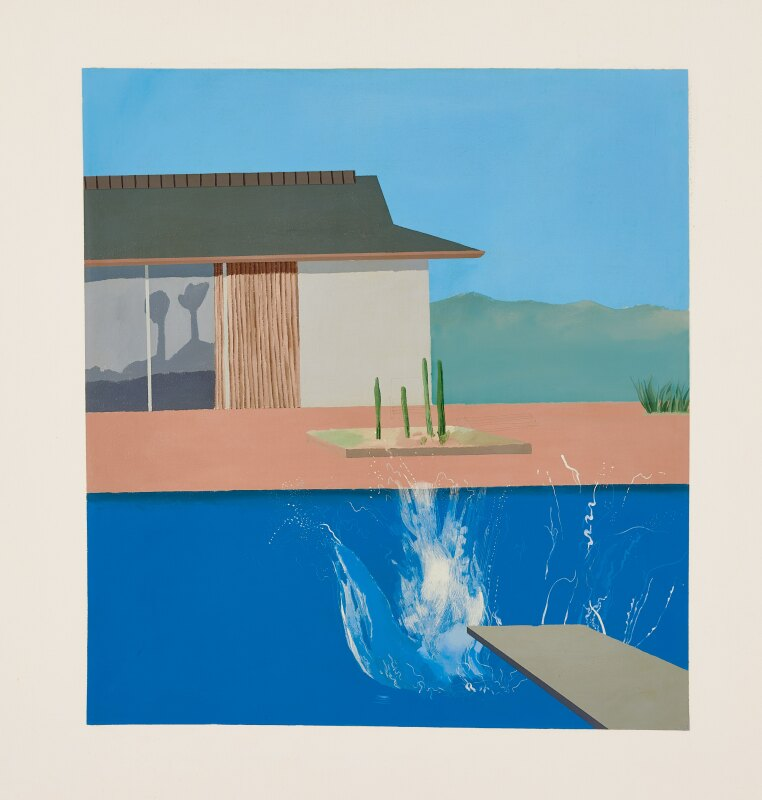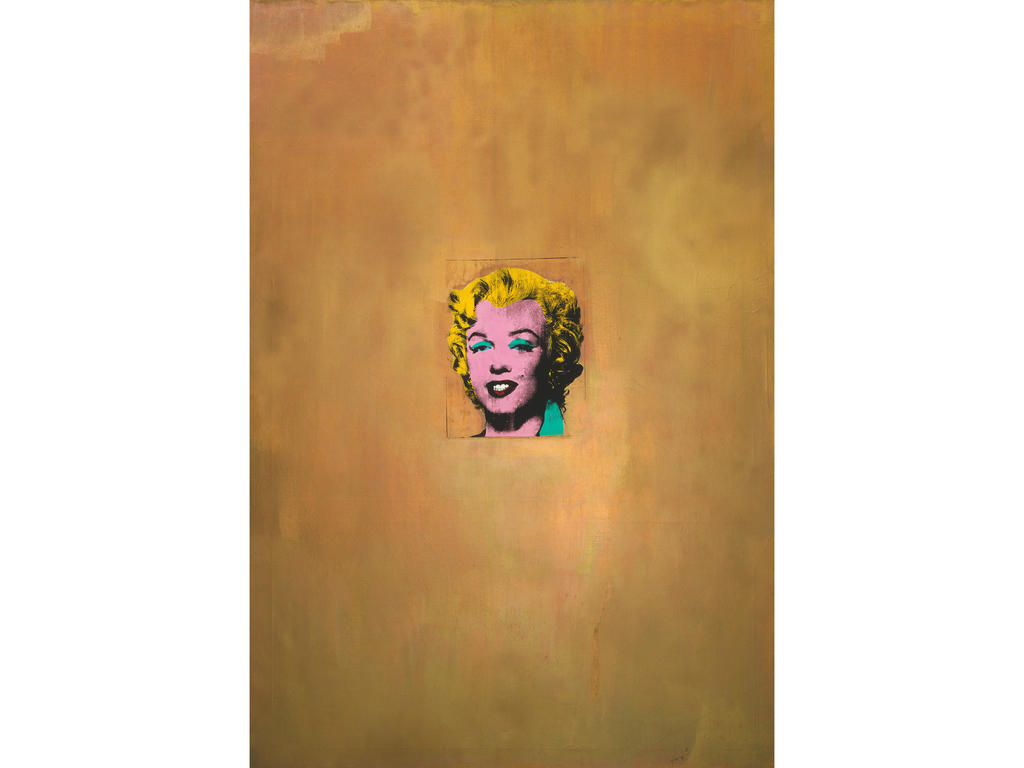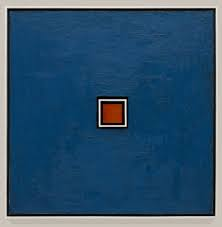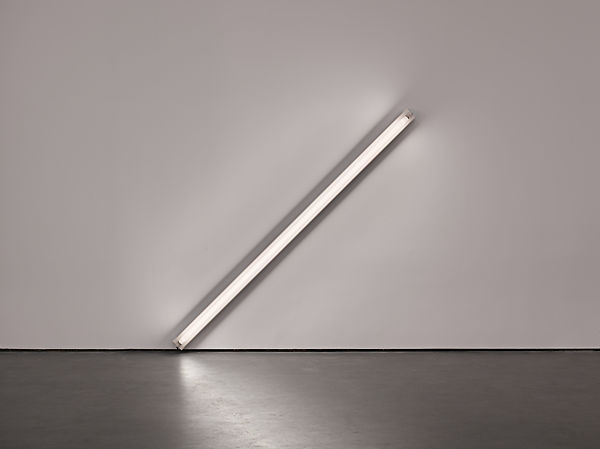Art is a dynamic field that encompasses various movements and artists. The modern art movement encompasses creative work created between the 1860s and the 1970s, and it symbolizes the techniques and ideologies of the art created throughout that time period (Russell, 2020). The concept is typically linked with artwork in which old conventions have been abandoned for the sake of exploration. The minimalism art movement is a primarily American trend in the creative arts and music that began in the late 1960s and is distinguished by excessive shape simplification and a direct, objective perspective (Wisniewski, 2020). The main focus of the given paper is to differentiate between modern and contemporary art, focusing on such movements of art as minimalism and modern. The work will aim to find the distinctive features of the works of art. As a result, while minimalist works illuminate hard-edged forms and precision, modern works will indicate a combination of conservatism and innovation, which must be analyzed through pieces of art.
Selected modern artworks include the works of David Hockney, The Splash, and Andry Warhol, Gold Marilyn Monroe. Such pieces of art indicate the combination of the past and present times. In turn, Sol LeWitt and Dan Flavin were chosen for minimalism with their works Wall Structure Blue and The Diagonal, respectively. The mentioned minimalist works emphasize geometric forms, shapes, and simplicity, which makes them unique.




Initial Reading List
Carr, David. “On the Educational Significance and Value of Visual Arts.” Journal of Aesthetic Education 56, no. 2 (2022): 1-22.
Fitzgerald, Michael. “Maximising Minimalism.” Art Monthly Australasia, 314 (2019): 50-55.
Russell, John. 2020. The Meanings of Modern Art. New York: Routledge.
Wisniewski, Gene. 2020. The Art of Looking at Art. New York: Rowman & Littlefield Publishers.
References
Russell, John. 2020. The Meanings of Modern Art. New York: Routledge.
Wisniewski, Gene. 2020. The Art of Looking at Art. New York: Rowman & Littlefield Publishers.